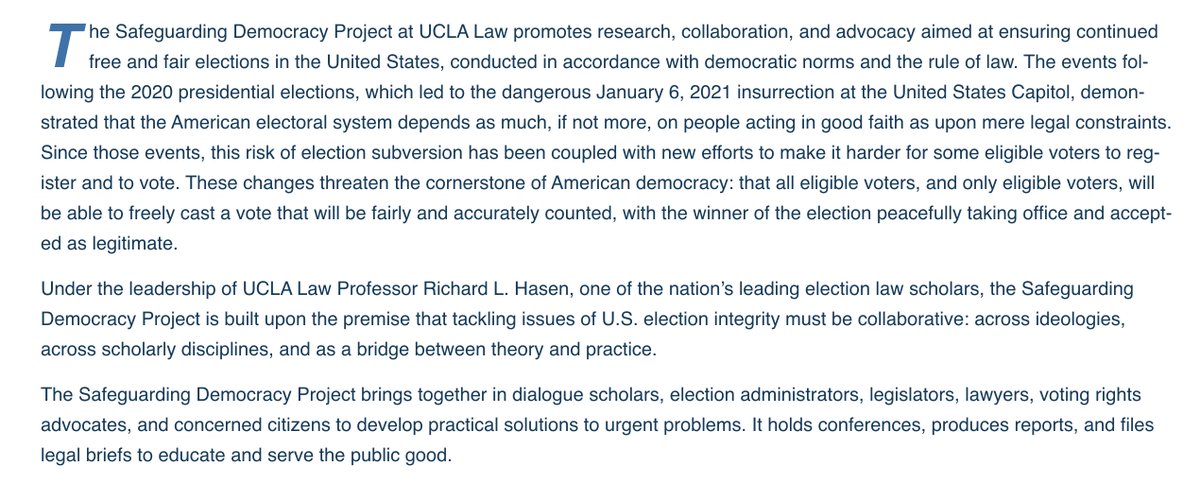
So I had one of the worst customer experiences at a hotel last night at the @Marriott University Park in Salt Lake City. (Worse than #APSAonFire). A few tweets on what happened, but first a video of how my evening went:
I had a crazy schedule: I had to prepare for a university lecture. Also had to finish up congressional testimony and work on symposium paper. So I ordered food to be delivered so I could work through dinner. Met my dasher in the lobby and my key didn't work to get back in. 2/x
Figured I demagnetized my key. Went to the lobby and got another. No luck. Went down and asked for maintenance. Maintenance tried the master electronic key. No lights at all. The battery in the lock was clearly dead. 3/x
So in this instance they usually can use a computer to manually open the lock (or so they said--I'm skeptical given the dead battery). But the computer system was down. And they said there was no way to get in with any physical key. 4/x
Maintenance guy tried using an extended wire to try to open the door. It was virtually impossible to even fit the wire under the door. Very clear this wouldn't work. Checked back in with the front desk. All they offered me was a soft drink. Another half hour passes. 5/x
No progress and no word from the manager checking in with me. I told the engineer they needed to break the door. He said he'd need a manager's permission. Went down to speak to a manager. Desk person went to look for her in the bar and didn't come back. 6/x
Eventually I went to the bar and found the manager. She was on the phone, and seemed annoyed I had found her. I told her of my situation. She authorized breaking the lock in the door but otherwise did not apologize for fact that I'd been out of my room over 2 hours. 7/x
When I asked the manager why they hadn't done something sooner to help me, she blamed "hourly employees." (This was the worst comment of the whole time.) 8/x
It was another 45 minutes of drilling and banging, that even broke the hammer. What kind of hotel can't get people into hotel rooms when there's a battery failure?
9/x

9/x


Got in near 10:30 pm. Wasn't the engineer's fault, but the manager's. What kind of manager doesn't follow up to make sure things are ok? No accommodation of any kind. No offer to comp the room (which the university was paying for). But no recognition of the inconvenience. 10/x
In the morning, I asked where the room service menu was, because I worried about going down and being locked out of my new room before the lecture. No room service in the morning. I explained the situation. No empathy, no accommodation. 11/x
When I checked out, the person on the front desk didn't even ask how my stay was. Not a word from this hotel. Just rude. 12/x
Bottom line: things happen. Batteries die and laptops fail. But recognize the situation and work to accommodate the customer, not to be rude or dismissive. Try to make things right. 13/x
It wasn't #APSAonFire (at the now defuncti Marriott Wardman in DC), but it was pretty bad. I'd ever use the Marriott University Park hotel again. 14/14
• • •
Missing some Tweet in this thread? You can try to
force a refresh










